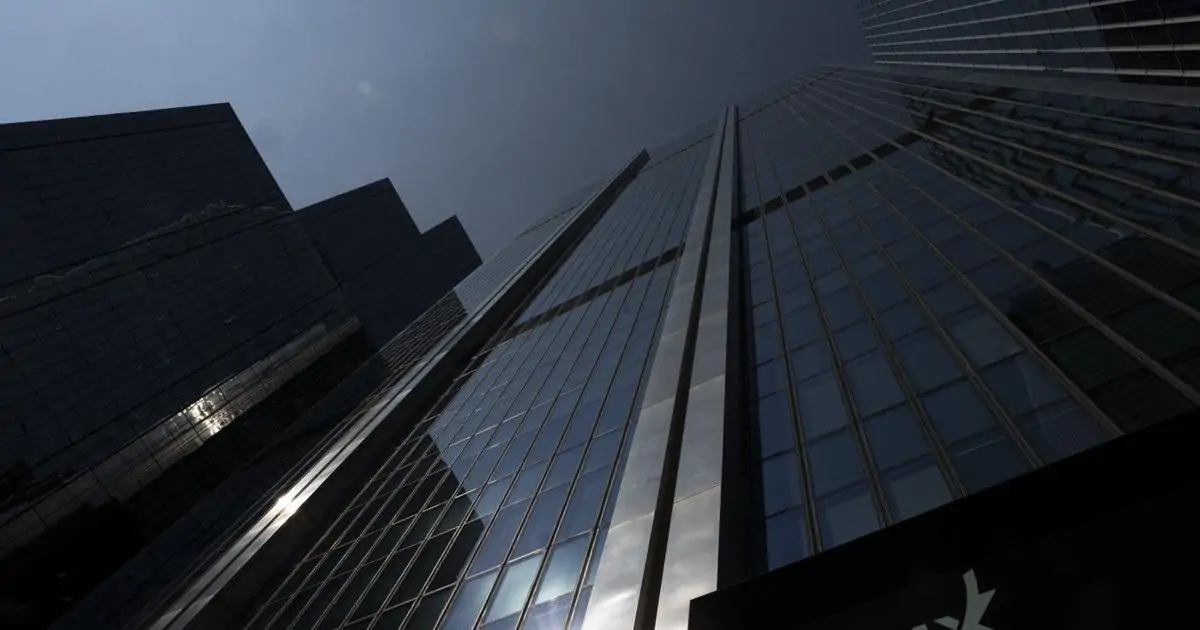TORONTO – Canada’s main stock index gained more than 350 points Thursday in a broad rally led by energy and technology stocks, while U.S. markets also rose, led by a one-per-cent gain on the Dow.
The S&P/TSX composite index closed up 354.22 points at 25,390.68.
In New York, the Dow Jones industrial average was up 461.88 points at 43,870.35. The S&P 500 index was up 31.60 points at 5,948.71, while the Nasdaq composite was up 6.28 points at 18,972.42.
The Nasdaq lagged an otherwise decent day for Wall St., rising just 0.03 per cent as it was dragged down by Google parent Alphabet and some of its tech giant peers.
The tech company’s stock fell 4.6 per cent after U.S. regulators asked a judge to break it up by forcing a sale of the Chrome web browser.
Amazon shares traded down 2.2 per cent while Meta and Apple both moved lower as well.
After a substantial run for major tech stocks this year, that kind of news “shakes people a bit,” said John Zechner, chairman and lead equity manager at J. Zechner Associates.
Meanwhile, semiconductor giant Nvidia saw its stock tick up modestly by 0.5 per cent after it reported earnings Wednesday evening.
The company yet again beat expectations for profit and revenue, and gave a better revenue forecast for the current quarter than expected.
But expectations for Nvidia have been so high amid the optimism over artificial intelligence that even beating forecasts wasn’t enough to send its stock flying the way it has in previous quarters, said Zechner.
Nvidia essentially caps earnings season in the U.S., with companies largely beating expectations, said Zechner — though those expectations weren’t exactly lofty for companies outside the tech and AI sphere, he added.
The Dow led major U.S. markets as the post-election hopes for economic growth continued to fuel a broadening of market strength, said Zechner.
There are a lot of unknowns when it comes to U.S. president-elect Donald Trump, said Zechner, and there’s no guarantee he will do what he’s promised.
“There’s a lot of unknowns, but for now the markets seem to be assuming that whatever comes of this, the U.S. will continue to lead global growth,” he said.
However, some of Trump’s promises — chief among them widespread tariffs on imports — have sparked bets that inflation may rear its head again.
The market has pared back its expectations for interest rate cuts as a result, said Zechner.
“Nobody’s talking about a half-point cut, that’s for sure,” he said.
The Canadian dollar traded for 71.63 cents US compared with 71.46 cents US on Wednesday.
The January crude oil contract was up US$1.35 at US$70.10 per barrel and the January natural gas contract was up nine cents at US$3.48 per mmBTU.
The December gold contract was up US$23.20 at US$2,674.90 an ounce and the December copper contract was down three cents at US$4.13 a pound.
— With files from The Associated Press
This report by The Canadian Press was first published Nov. 21, 2024.
Companies in this story: (TSX:GSPTSE, TSX:CADUSD)
